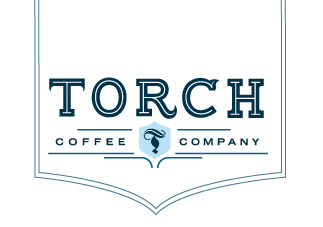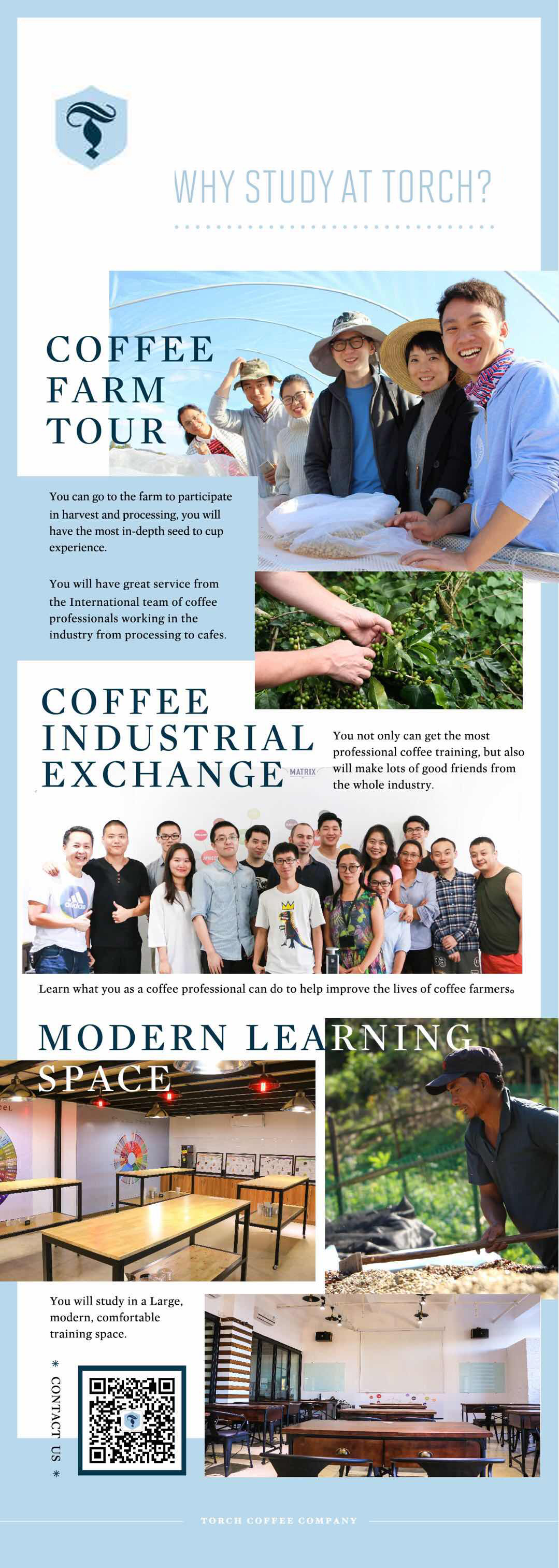SCI Sensory Course
sale
SCI Sensory Course
from $660.00
Level 1 - 18th June - 20th June 2018
Level 2 - 21st June - 23rd June 2018
Venue: Torch Coffee Lab, Yunnan, China
Class conducted in bilingual (English & Chinese).
All coffee courses conduct in Yunnan, Pu’Er, China are inclusive of a Coffee Farm Trip
Level:
Quantity:
SCI Sensory Level 1
Beginner (3-day course)
Strong theory and systematic practice (useful to pass the Q certification course for coffee buyers, roasters and baristas). Required course for all other courses. Certification is provided.
- Specialty coffee and sensory evaluation of quality.
- General physical inspection, roasting, brewing
- Basic theory of aroma perception.
- Practice with aroma vials and descriptors.
- Identification of basic tastes and calibration on intensity and quality (modulation).
- Introduction and informal exercises of affective, discriminative and descriptive cupping of the same coffees.
- Cupping tutoring. Learning the SCAA cupping protocols and format. -
- Cupping different origins and basic processing methods.
SCI Sensory Level 2
Professional (3-day course)
More in depth than the Q course. Full theory and extensive practicing and testing. Oriented to quality controllers, master roasters, researchers, and other experienced coffee professionals. Certification is provided.
- Specialty coffee and sensory evaluation of quality.
- General physical inspection, roasting, brewing and review cupping protocols and standards.
- Physical inspection and grading systems. Odor, color and homogeneity, shape, size, moisture content and drying quality, density, and grading.
- Chemistry of aroma precursors in coffee and their role in flavor integration.
- Practice with aroma vials and descriptors.
- Calibration in intensity and complexity of fragrance-aroma and use of aroma descriptors.
- Theory and practice of aromatic taints and defects.
- Theory of taste precursors; origin, perception threshold and taste dynamics.
- Identification of 5 basic tastes and calibration on intensity and quality.
- Taste modulation theory and exercises.
- Theory and practice of texture.
- Flavor modulation by polyphenols and fats in coffee.
- Cupping different processing methods and different species, improved catimor hybrids and Arabica varietals.
- Cupping skills testing: precision (finding the right grade), calibration (deviation from the group), consistency (scoring the same sample consistently), spread (safe cupping) and defect detection.








